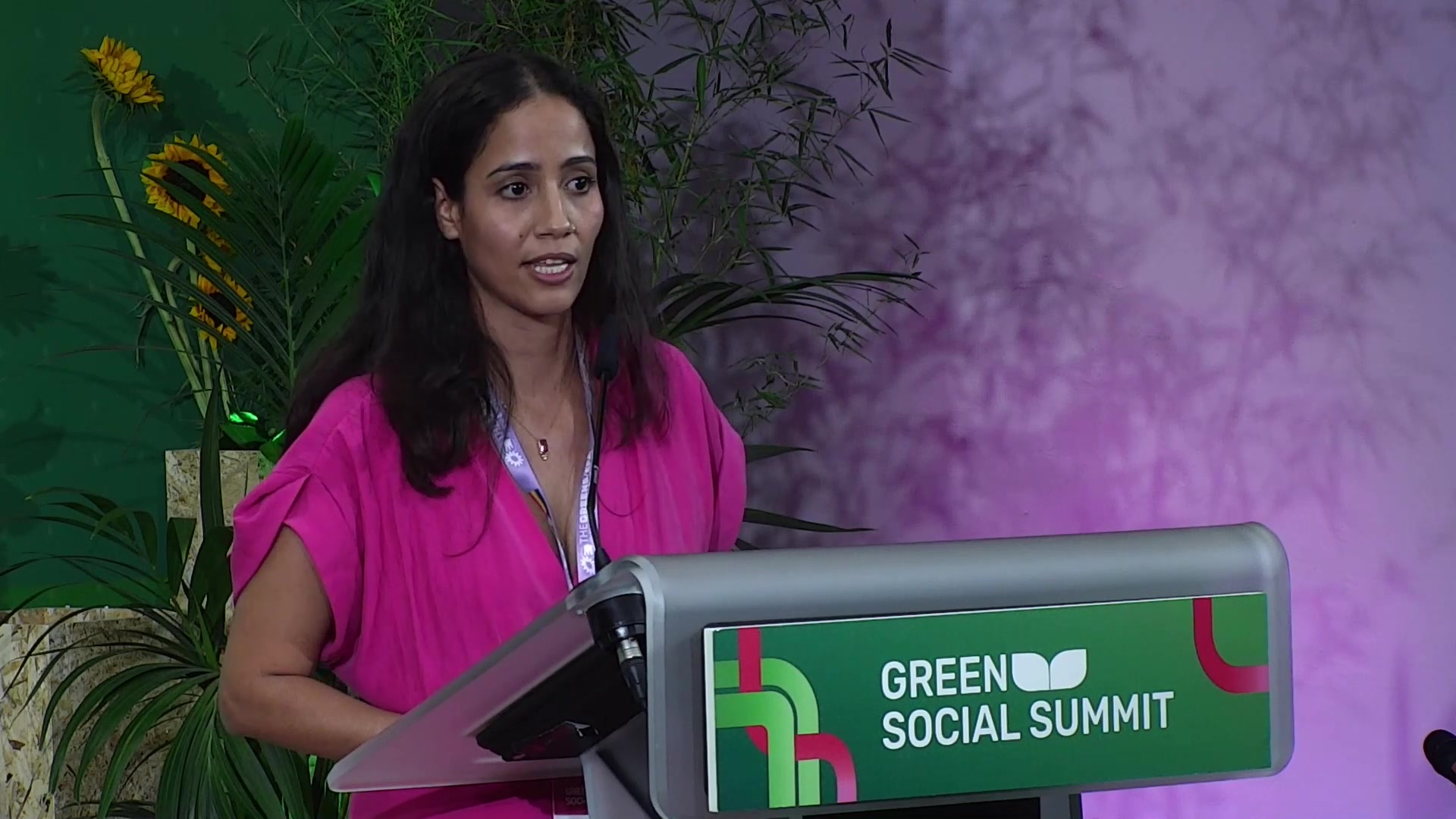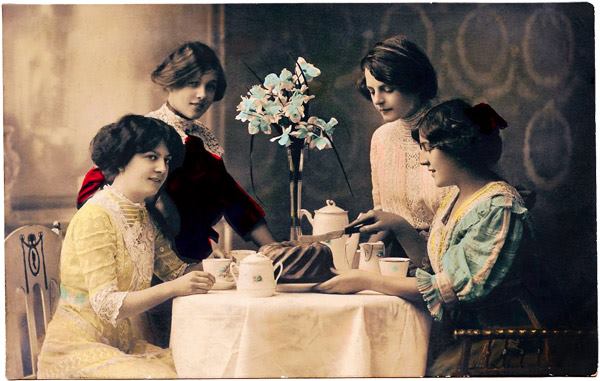Interview by Bonina M. Cheikh
Picture of Tesh Sidi. Source of the image: Wikimedia Commons.
J: Tesh, how do you remember the early years of your life? What values or principles did your family and community pass on to you?
Tesh Sidi: I was born in 1994 in the Sahrawi refugee camps. I had a difficult childhood given the lack of resources, but I learned the value of unity and solidarity. My mothers and my environment taught me to prioritize justice and dignity, which represent the Sahrawi people so well.
I recognize that I am a strange subject within my own society—I am not what some would traditionally call “Sahrawi.” As a child, I knew that I would be the only girl in my house to study in Europe, and of course I also knew I had to safeguard our family’s honor, something that limits our most essential freedoms as women. This contradiction created the perfect cocktail for an identity crisis, but it is also a recipe for constant learning. A reality for many Sahrawi women: advancing our human rights and overthrowing patriarchal rule is a priority.
J: As an immigrant woman, what barriers have you faced and how have they marked you?
TS: My main struggle has been for citizenship rights and against administrative irregularity. I was born in a context of statelessness and was an illegal minor in Spain for three years during which I lived with a Spanish family. This caused me trauma because I was constantly afraid of the police and was separated from my parents. It took me 20 years to obtain Spanish nationality, and the entire process was full of uncertainty. Though my experience is not the worst example, I am concerned about the marginalization which thousands of migrants in Spain are subjected to.
“Advancing our human rights and overthrowing patriarchal rule is a priority.”
J: From your perspective, what is characteristic about feminism in displaced communities such as the Sahrawi camps?
TS: In my opinion, feminism as an emancipatory and political movement has a clear, singular definition. But what needs to be considered is the reality and context that women are living in. We are no strangers to the realities of Sahrawi, Palestinian, or Afghan women and understand how challenges differ under patriarchal oppression intensified by colonial domination. Western feminist movements often forget the different types of suffering that non-Western women endure.
I am fortunate to know two cultures and to be able to navigate them, but above all to build bridges with my ancestors and understand that breaking with my own culture or past will not help me to connect with my own daughters in the future.
J: As an engineer and Member of Parliament, what barriers have you faced and how do you combine your technical background with your social activism?
TS: Although computer engineering was not my first choice, it turned out to be one of the best decisions I made because of the versatility it offers. I specialized in data and worked in communications to amplify the voice of my people.
I am currently a member of Congress, representing the Community of Madrid and Más Madrid. Over time I understood the importance of politics in representing my people. Although I have only been in politics for a short time, I have learned a lot, and I support social movements. My presence represents the legacy of those who came before me, but it is still not enough to achieve all our demands.
“My presence represents the legacy of those who came before me”
J: As Vice-Chair of the Economic Committee, how do you perceive inclusion in technology and economic policies, and do you see any progress?
TS: Migrants remain marginalized in politics in Spain and Europe, with little representation and no voice in the media or Parliament. Despite racist discourses and limited opportunities for participation, I continue to fight not to be reduced to the role of “migrant,” defending my profession and advocating for an inclusive perspective with the support of allies inside and outside politics. Spain has made progress in feminism in recent years, but challenges remain in areas such as housing and job insecurity, fields that are essential for women victims of gender-based violence. Progress is not guaranteed, as evidenced by leaders such as Trump or Bukele. It is crucial to protect our human rights collectively and to create change in politics through feminism and inclusion.































